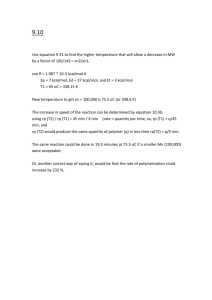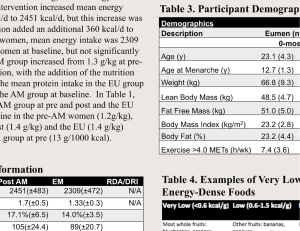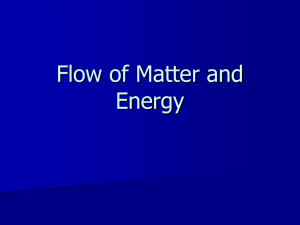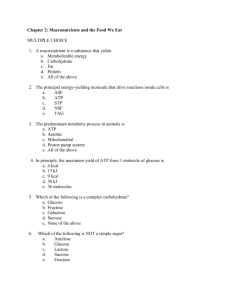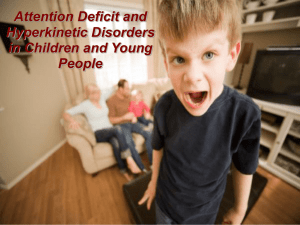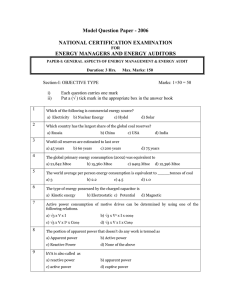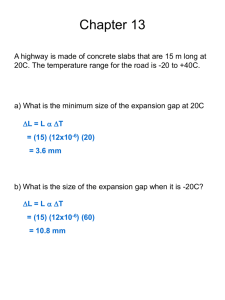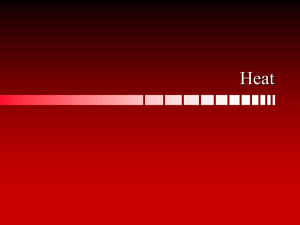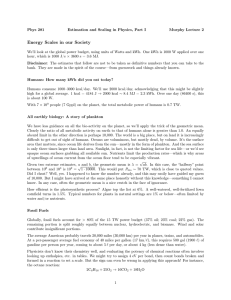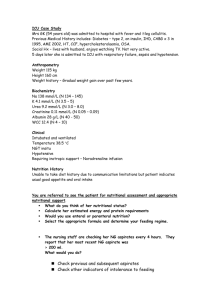PREP QUESTIONS Week of 8/28
advertisement
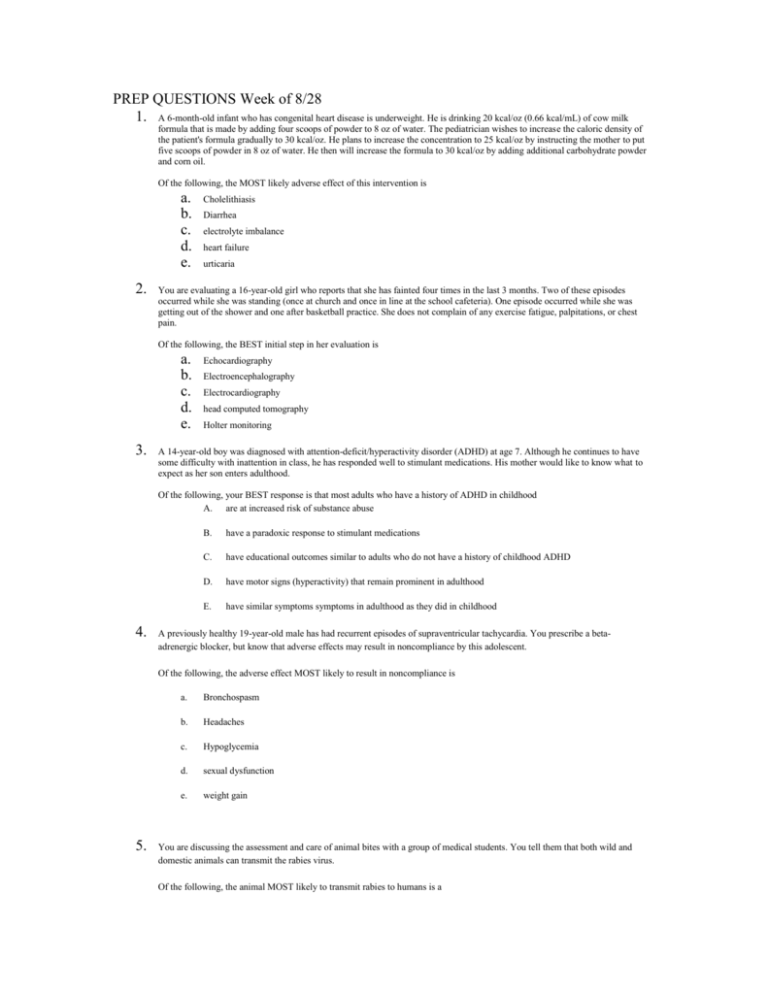
PREP QUESTIONS Week of 8/28 1. A 6-month-old infant who has congenital heart disease is underweight. He is drinking 20 kcal/oz (0.66 kcal/mL) of cow milk formula that is made by adding four scoops of powder to 8 oz of water. The pediatrician wishes to increase the caloric density of the patient's formula gradually to 30 kcal/oz. He plans to increase the concentration to 25 kcal/oz by instructing the mother to put five scoops of powder in 8 oz of water. He then will increase the formula to 30 kcal/oz by adding additional carbohydrate powder and corn oil. Of the following, the MOST likely adverse effect of this intervention is a. b. c. d. e. 2. Cholelithiasis Diarrhea electrolyte imbalance heart failure urticaria You are evaluating a 16-year-old girl who reports that she has fainted four times in the last 3 months. Two of these episodes occurred while she was standing (once at church and once in line at the school cafeteria). One episode occurred while she was getting out of the shower and one after basketball practice. She does not complain of any exercise fatigue, palpitations, or chest pain. Of the following, the BEST initial step in her evaluation is a. b. c. d. e. 3. Echocardiography Electroencephalography Electrocardiography head computed tomography Holter monitoring A 14-year-old boy was diagnosed with attention-deficit/hyperactivity disorder (ADHD) at age 7. Although he continues to have some difficulty with inattention in class, he has responded well to stimulant medications. His mother would like to know what to expect as her son enters adulthood. Of the following, your BEST response is that most adults who have a history of ADHD in childhood A. are at increased risk of substance abuse 4. B. have a paradoxic response to stimulant medications C. have educational outcomes similar to adults who do not have a history of childhood ADHD D. have motor signs (hyperactivity) that remain prominent in adulthood E. have similar symptoms symptoms in adulthood as they did in childhood A previously healthy 19-year-old male has had recurrent episodes of supraventricular tachycardia. You prescribe a betaadrenergic blocker, but know that adverse effects may result in noncompliance by this adolescent. Of the following, the adverse effect MOST likely to result in noncompliance is 5. a. Bronchospasm b. Headaches c. Hypoglycemia d. sexual dysfunction e. weight gain You are discussing the assessment and care of animal bites with a group of medical students. You tell them that both wild and domestic animals can transmit the rabies virus. Of the following, the animal MOST likely to transmit rabies to humans is a a. Hamster b. Mouse c. Rat d. Skunk e. Squirrel
